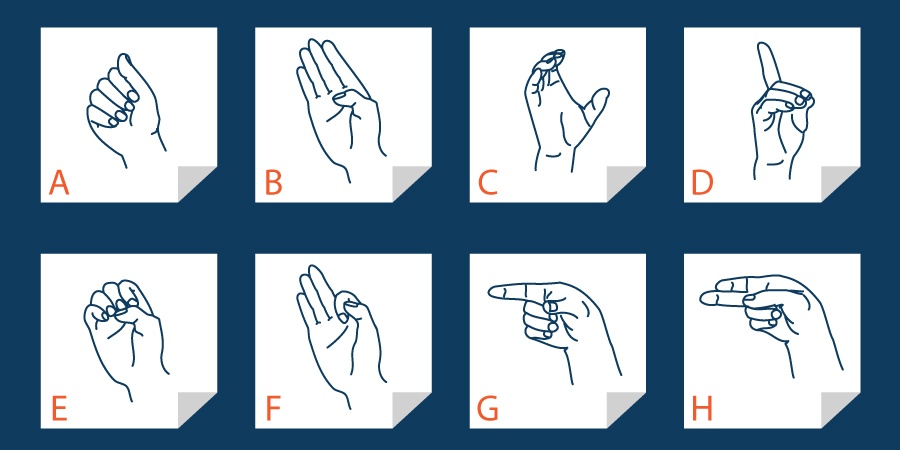

Science fiction taught me about the possibility of technology that would foreshadow health concerns, birth defects, lifelong disabilities, and premature death. Thrillers and mysteries taught me how whispers and secret conversations took place in shadowed hallways or forgotten rooms. Romance novels taught me about how hearing people moaned in pleasure. Stories held more meaning for me than people did, and stories were my tool for learning about the hearing world in which I lived. Every recess, I read pages instead of reading lips the dialogue was laid out for me, and I didn’t have to fill in gaps.

With its no-noise policy and shelves of stories, it was a relief. I quickly tired of this and retreated to the library. I pulled clues from their movements and attached words and meaning to them, learning, bit by bit, how to read lips. When the interpreter wasn’t around, I paid attention to people’s mouths. In my new school, I worked with a sign language interpreter who helped me understand everything that was happening around me. Now I was thrust into a place where I was the only deaf student. It was a shock the deaf school, where I was surrounded by deaf classmates and sign language, was the only learning environment I’d ever known. When I was eight, I transferred from a deaf school to my local elementary school.


 0 kommentar(er)
0 kommentar(er)
